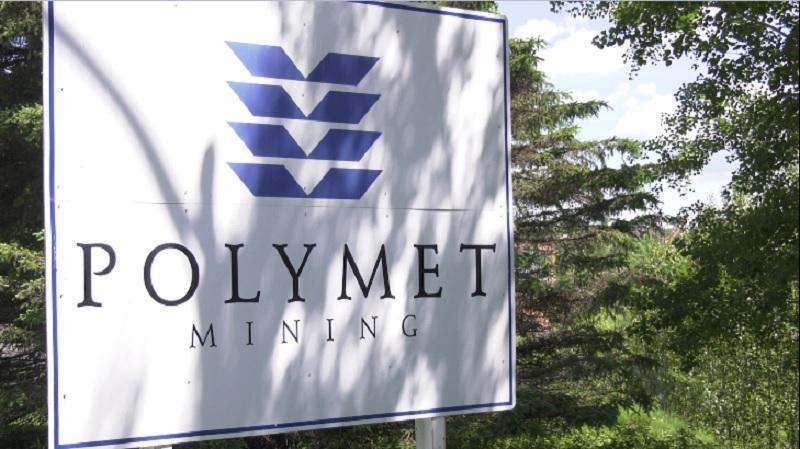Minnesota Supreme Court to hear challenge in PolyMet case
[anvplayer video=”5103650″ station=”998130″]
ST. PAUL, Minn. (AP) — The Minnesota Supreme Court agreed Tuesday to hear a challenge by environmentalists over portions of a lower court ruling involving a key permit for the proposed PolyMet copper-nickel mine.
The Minnesota Court of Appeals in January reversed a 2018 decision by state regulators to issue PolyMet Mining Corp. a water quality permit for the project. It sent the case back to the Minnesota Pollution Control Agency for further proceedings.
That was a win for environmentalists, but they’re challenging other parts of the ruling. One prong involves the agency’s decision to issue the permit without setting specific effluent limits on mercury and other pollutants.
They also faulted the appeals court for not imposing consequences for the agency’s alleged effort to dissuade the federal Environmental Protection Agency from submitting critical written comments during the water permit review process.
"It is so important that Minnesota agencies be held accountable when they circumvent laws that were meant to protect the integrity of the regulatory process," said Paula Maccabee, counsel for WaterLegacy, one of the three parties that asked the Supreme Court to step in.

The Minnesota Supreme Court will hear arguments from environmentalists about a lower court ruling on PolyMet.[WDIO-TV file]
The other petitioners are the Minnesota Center for Environmental Advocacy and the Fond du Lac band of Lake Superior Chippewa. The high court also granted an EPA employees union, local administrative law professors, government watchdog groups and well owners permission to file friend-of-the-court briefs in the case. A date for oral arguments has not been set.
"Minnesotans were shocked to learn that our state agencies suppressed EPA employees’ concerns about the water pollution permit issued to PolyMet and kept them out of the public record," said Kathryn Hoffman, the center’s CEO. "At the Minnesota Supreme Court, MCEA will make the case that these violations of Minnesota law and rules resulted in a fatally flawed permit that doesn’t protect our water or the people downstream."
PolyMet spokesman Bruce Richardson issued a statement saying, "We believe that on review the Supreme Court will affirm the Court of Appeals’ carefully reasoned decision.
The Supreme Court’s order is just the latest step in a long legal battle. Several other key permits that PolyMet needs also remain tied up in litigation or the regulatory process.